How F1 teams spend their money is just one of the topics covered in this week’s Business of Motorsport Roundup. I also have details of Shaila-Ann Rao’s shock return to the FIA, Zak Brown on the business of F1 and all the latest motorsport sponsorship deals plus much more.
Motorsport Industry News
Formula 1
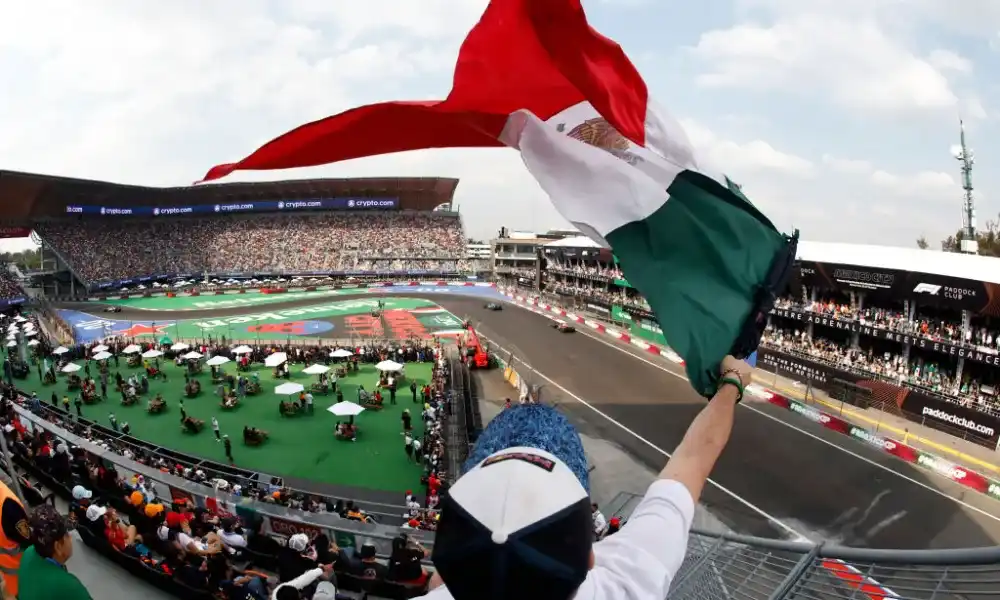
Formula 1 has signed a fresh three-year contract extension with promoters of the Mexico Grand Prix to keep the race on the calendar until 2028. “We are very excited to announce that the Mexico GP will be held for three more years,” said Alejandro Soberon, the president and CEO of CIE.
The Robb Report looks at how the Saudi Arabian Grand Prix wants to be the biggest spectacle in racing. “On the evidence of this year’s race, it’s hard to see that the grand prix in Saudi Arabia isn’t here to stay, with a new track also being built outside of Riyadh, the capital. That track is intended to host future versions of the event.”

The circuit that will host the Madrid Formula 1 Grand Prix for 10 years from 2026, the so-called ‘Madring’, was officially presented to the public last Friday. “Organizers confirmed the 2026 F1 Spanish Grand Prix will be held over 57 laps of the 5.4-kilometre, 22-turn Madring circuit, having also presented an onboard lap of the digital version.”
Formula 1 CEO Stefano Domenicali has reaffirmed the sport’s commitment to bringing a Grand Prix to Africa, but admitted key assurances are still missing. “Before taking that step, we need guarantees on three fronts: investment that benefits the community beyond F1’s presence, infrastructure (not just a circuit, but hotels, roads, airports), and an economic base that can support the event long-term.”
“Over the past five years, we have implemented a very targeted strategy to bring Formula 1 ever closer to the American fans,” F1 president and CEO Stefano Domenicali told Autosport when discussing the growth in the USA and Autosport Business looks at how the series finally cracked the USA.
While Helmut Marko insists that Audi and Mercedes are still committed to F1 amidst the various economic challenges facing the companies today, Formula 1 CEO Stefano Domenicali has called for cheaper engines in the sport’s future to avoid an exodus of manufacturers.
“Let me be clear: major manufacturers are essential, but we’re also mature enough to know that, if a severe crisis hits the industry, big automotive groups might have to make tough decisions. That’s why we must simplify and significantly reduce costs, while maintaining a technical link to road-relevant technologies – like sustainable fuels, which can complement EV offerings. If a crisis forces some to pause their F1 programs, we’ll be in a position to respond independently and find alternatives.”
Formula 1 has seen incredible growth in the U.S. over the last five years, but the global racing league’s desire for a substantial bump in media rights remains in neutral reports Forbes.
“For a media rights partner, one of the challenges for viewership is the range of start times, given the global nature of the series. Many see 9 am E.T. Sunday morning starts, with some such as Azerbaijan, at 7 am E.T. Trying to balance leaving the Las Vegas strip open as long as possible to traffic, Liberty, the promoter of the Vegas Grand Prix, had a 1 am E.T. Sunday start for the race the last two seasons, but is moving it to 11 pm E.T. on Saturday in a nod to trying to reach more of a U.S. audience while balancing early morning viewership in Europe.”
General Motorsport Industry News
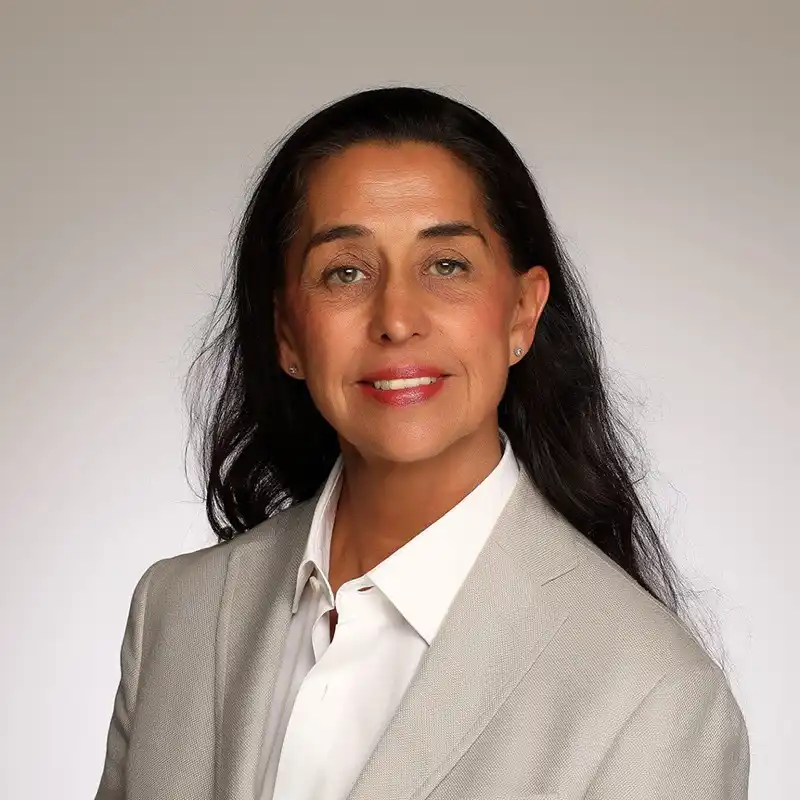
Shaila-Ann Rao has returned to the FIA after the world governing body for motorsport confirmed her appointment as a presidential advisor. “I am looking forward to advising the FIA President across the FIA World Championships and building on the significant progress that has already been made during his Presidential term strengthening the Championships’ regulatory and commercial frameworks,” Rao said after taking up her new position.
The USA is on course to join the World Rally Championship calendar in 2026 following confirmation that a multi-year contract has been signed to bring rallying’s top flight back to North America.
Everything you think about F1 Academy is wrong. Since its launch in 2023, opinions have been plentiful, but facts are harder to come by. The series marked a visible step forward for women in motorsport: a glossy, all-female grid backed by Formula 1, aimed at widening the pipeline and shifting the narrative. But here’s the catch: F1 Academy isn’t a proving ground for the next female F1 driver — it’s a billboard for the idea that women belong in racing at all. It’s less a finish line and more a starting flag, spotlighting raw talent still in development while the sport scrambles to fix the ecosystem around them.
Quick Takes on the Business of Motorsport This Week

- Nature is taking over Vietnam’s abandoned $600m F1 Hanoi street circuit (Motorsport.com)
- Why F1 drivers dislike the Miami GP circuit and how it could be improved (Autosport)
- F1 Goes Hollywood: Miami Grand Prix as a Symbol of Formula 1’s Global Transformation (Maja Czarzasty-Zybert)
- Silverstone unlikely to join WEC 2026 calendar with no plans for schedule expansion (Autosport)
- How a Single Platform is Vital for Next Top Class Sportscar Regulations (Sportscar365+)

- Team SD Visits London for BlackBook Motorsport Forum in 2025 (Sport Dimensions)
- McLaren Racing CEO Zak Brown on the business of Formula One (CNBC)
- F1 Abandoned Its Mystique To Become A Docuseries Generator (Jalopnik)
- Dolphins, Ticketmaster expand deal to add F1 race (SBJ)
- Two years of the Mission 44 Motorsport Scholarship, and how it has shaped me (Mission 44)
- Rare Brawn F1 car could fetch $6.5m in Miami auction (Autosport)

- She’s in charge: At the F1 Miami Grand Prix, many top executive roles are held by women (AP)
- The ‘F1’ team on adapting some of the spirit of ‘Top Gun’ to Formula One film with Brad Pitt (AP)
- Iowa Passes Bill Protecting Racetracks From Cranky Karens (The Drive)
- Revving Australian Motorsport: Oscar Piastri’s F1 Success Ignites Growth and Inclusion (Devdiscourse)
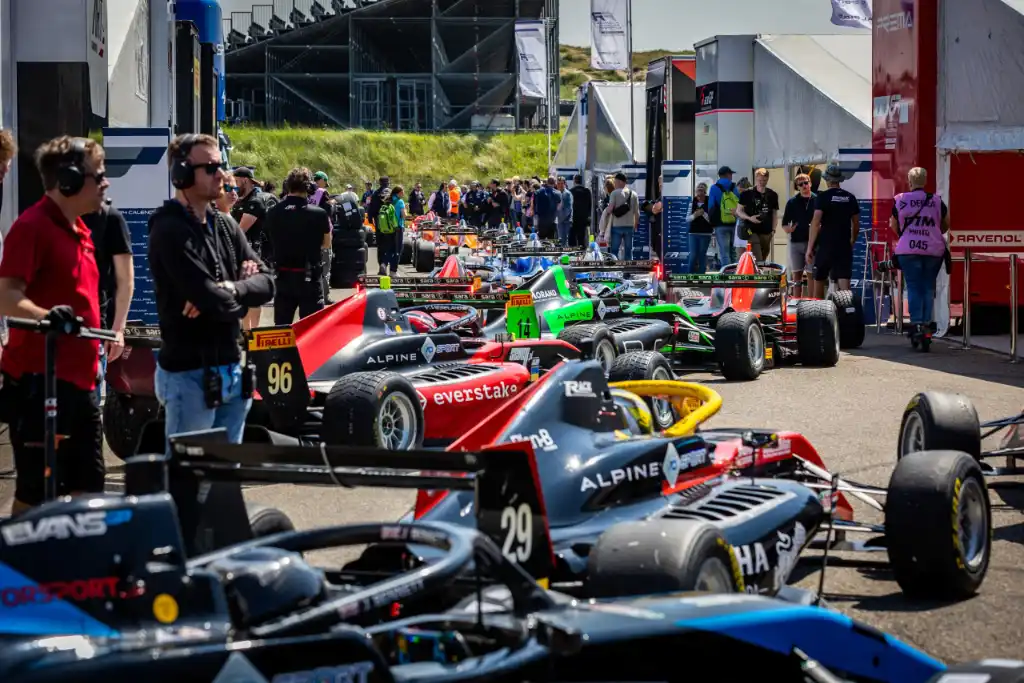
- ACI Sport and Alpine Racing Formula Regional European partnership to conclude following the 2025 season (FREC)
- Australian motor sport eyes Piastri-fuelled growth (Reuters)
- Life in the fast lane: Akshay Gupta’s journey from entrepreneur to racing contender (Business Today)
- Alpine’s F1 engine partner Mecachrome gets Audi deal (The Race)
- New Motorsport School Teaches More Than Driving (WISH TV)
Highlights from the Sustainable Motorsport Roundup

Sustainability at the Canadian Grand Prix is one of the items I am highlighting in this week’s edition of the Sustainable Motorsport Roundup. I also look at the murky future of hydrogen at Le Mans, what the future holds for Hydrogen as fuel in modern engine design and Formula E without McLaren.
The Numbers
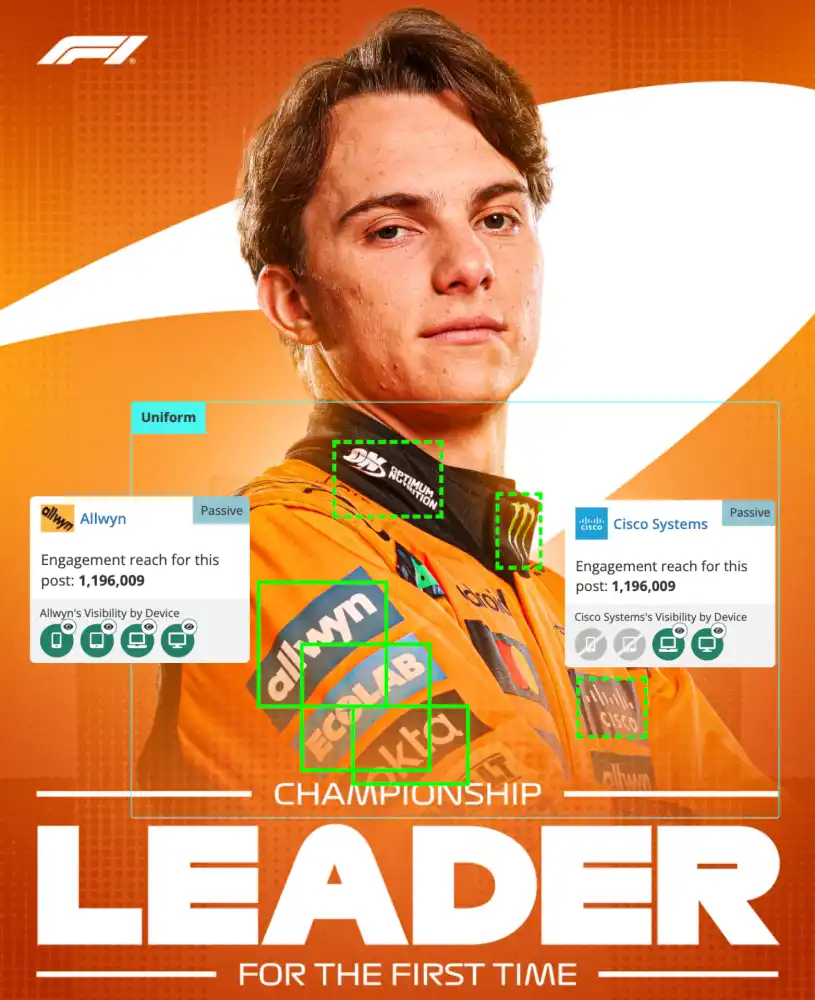
According to Blinkfire, McLaren is also generating traction on social media from their success as they produced the second most engagements (6.9 million) of all teams during the Saudi Grand Prix race weekend.
MotoGP welcomed a record crowd at last weekend’s Spanish Grand Prix at Circuito de Jerez. 224,420 turned up at Jerez to watch Álex Marquez’s first premier class victory while the race day attendance of 101,009 surpasses 100,000 attendees for first time.
An average of 4.04 million viewers watched Austin Cindric take his first NASCAR Cup Series victory of the season at Talladega Superspeedway last weekend. However, this is the fourth-straight year in which the Talladega race has suffered a year-over-year (YoY) audience decline, as this year’s event fell 6.2 per cent.
Motorsport Law Roundup
A look at some of the legal and regulatory issues and analysis in Motorsport this week
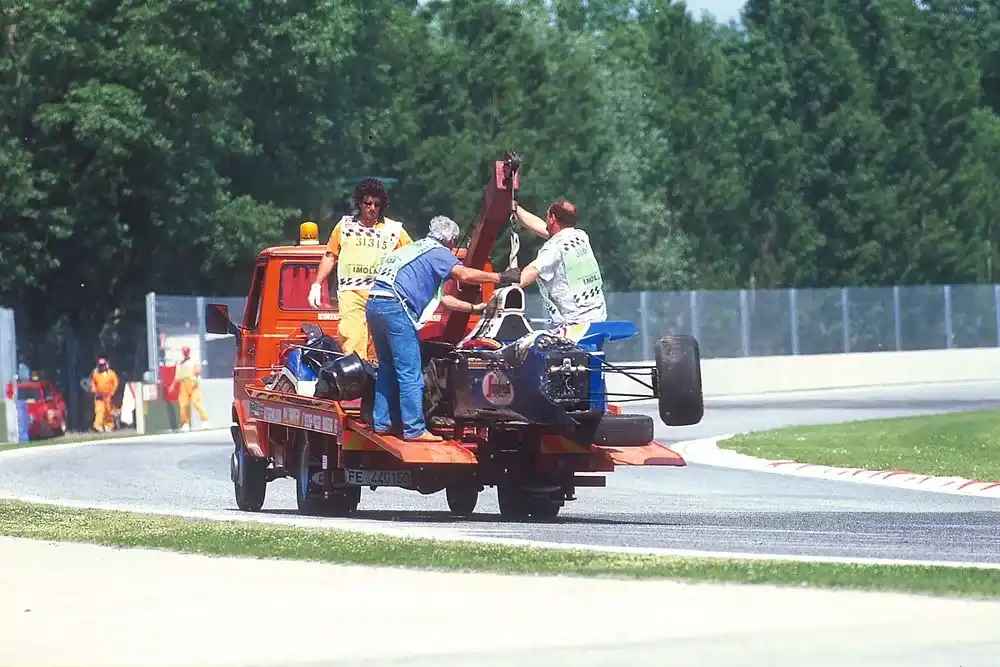
Thirty-one years ago Roland Ratzenberger and Ayrton Senna lost their lives at the Imola Grand Prix. It is a quirk of Italian law that, if a fatality occurs, even on a race track, someone must be held responsible. These two deaths resonated through the world and put Formula 1 under intense scrutiny. Here are two fascinating articles that look into the cause of Senna’s death and the impact it had on those directly involved at the time.
- Senna: We talk to the men who analyzed broken Williams steering column (Autosport)
- In his own words: Adrian Newey recounts memories of Ayrton Senna’s Imola accident
The Concorde Agreement is a secret document that controls much of what happens in Formula 1, but what exactly is it? SpeedCafe explains.
Motorsport Sponsorship, Partnership News and Analysis
Here are the latest motorsport sponsorship deals, partnerships and related analysis that were announced this week

- Castrol, NWM, Ford and BP join forces for 2025 South African Rally-Raid championship (Motorsport South Africa)
- Halo By Orthene confirms 2025 team support in BTCC (Halo By Orthene)
- Aston Martin Formula 1 bets on US investment partner Public (SIG)
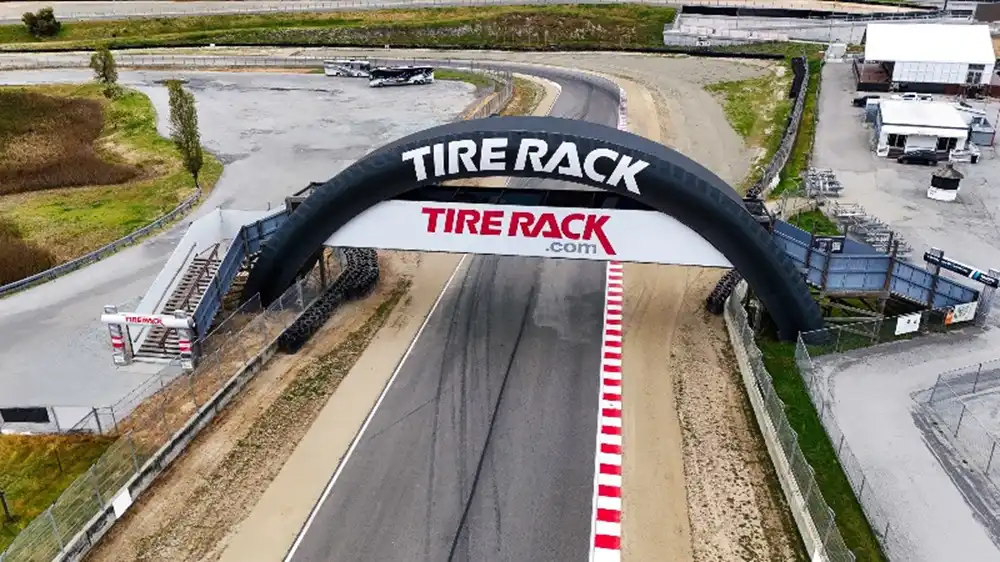
- Tire Rack gets naming rights to Laguna Seca bridge and IMSA race (Grassroots Motorsports)
- EnerSys Extends ODYSSEY Battery Sponsorship Deal with Team Oliver Racing (Insider Media)
- How Online Gaming Is Transforming Motorsport Sponsorships (Paddock Magazine)
- BP signs four-year sponsorship deal with Simola Hillclimb (The Herald)
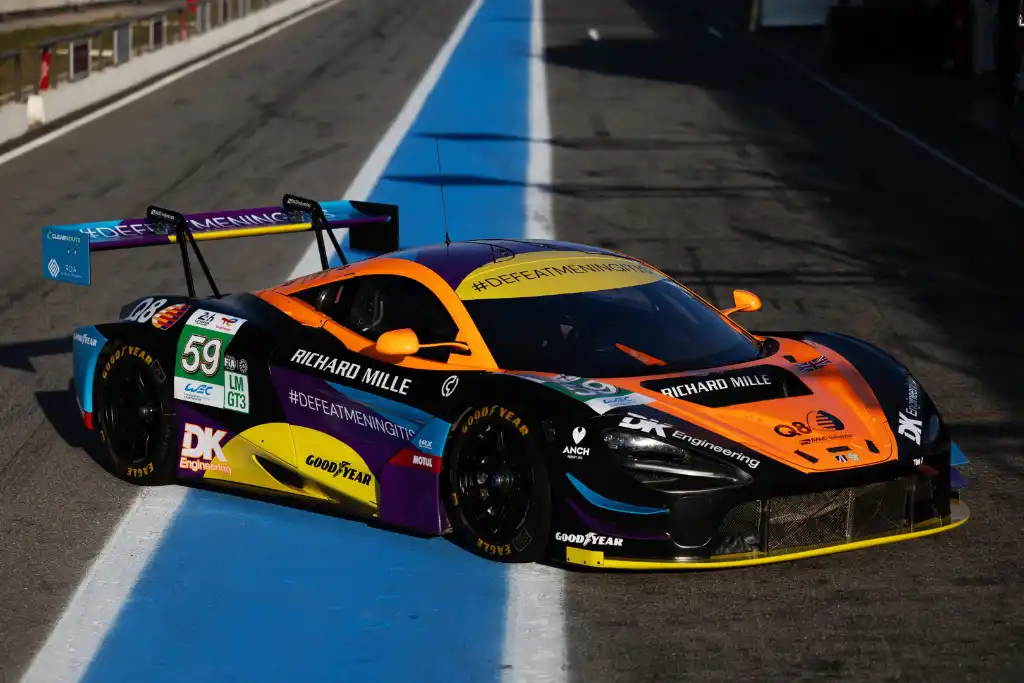
- McLaren Racing launches meningitis awareness campaign with Sanofi (SIG)
- Historic Sportscar Racing (HSR) and Michelin Announce Multi-Year Partnership (HSR)
- BWT Alpine Formula One Team goes fashion forward with DUKE + DEXTER to launch stylish Miami Grand Prix special collection (Alpine)
- Mercedes and major F1 partner Adidas make history with unusual inspiration (RacingNews365)
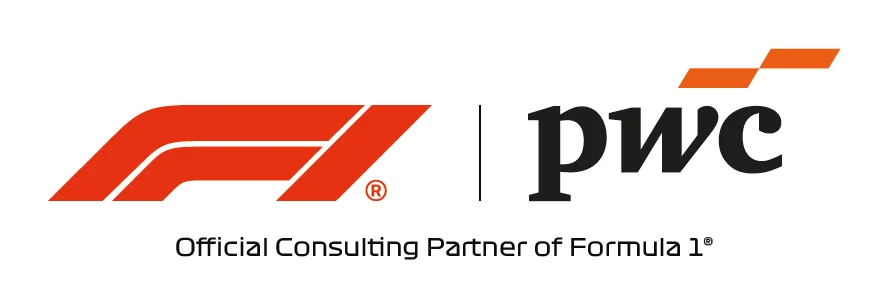
- Formula 1 welcomes PwC as Official Consulting Partner (F1)
- Verizon ups marketing presence at Miami GP (Sport Business)
- Lewis Hamilton signs multi-year deal with Fanatics Collectibles, shares his favorite things to collect (The Athletic)
- Dunlop extends partnership as official tire supplier of MotoAmerica (Powersports Business)

- Racing to End Alzheimer’s Teams with Cameron Racing to Contest the 2025 IMSA Michelin Pilot Challenge (IMSA)
- Morgan Stanley signs on as F1 Academy’s financial services partner (BlackBook)
- STX Motorhomes joins GT World Challenge Europe powered by AWS as official partner (GT World Challenge Europe)

- Chip Ganassi Racing to run special HRC livery at Barber Motorsports Park (HRC)
- Katz Coffee to Sponsor Haley, Spire Motorsports at Texas Motor Speedway (Speedway Media)
- Mercedes-AMG PETRONAS F1 Team and Nasdaq Join Forces to Accelerate Innovation (Mercedes)
- Elemis signs Formula 1 racer Jessica Hawkins as ambassador (Cosmetics Business)

- Racing Bulls unveils bold pink livery for F1’s Miami Grand Prix (Motorsport.com)
- Ferrari release special Miami GP livery as tribute to title sponsor HP (RacingNews365)
- AJ Foyt Racing launches Homes For Our Troops campaign for Indy (RACER)
- Auto recycling business backs all-disabled racing Team BRIT – “sustainability belongs on the podium” (Insider Media)
The Business of Running a Race Team

Team & Manufacturer News
Here is a roundup of the latest team news from around the world of motorsport
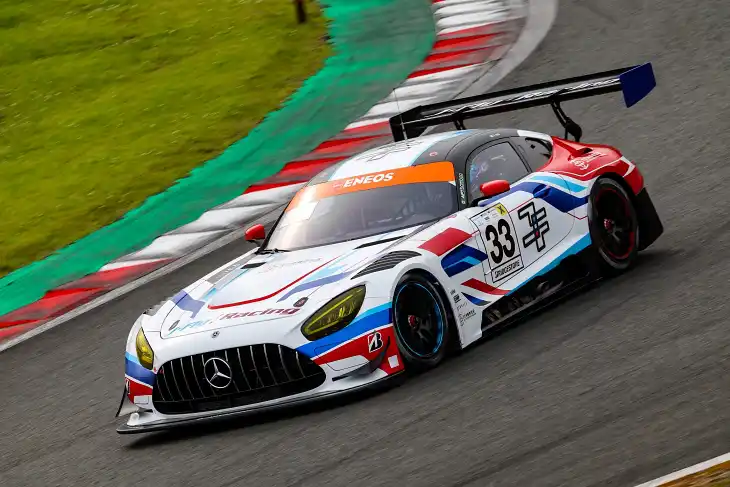
- Craft-Bamboo Returns To Super Taikyu With Ohta, Ojeda (Daily Sportscar)
- BMW downsizes line-ups for Spa (Racer)
- Italy’s Prema Racing makes move toward U.S. racing with IndyCar entry (Sports Business Journal)
- Toto Wolff: Mercedes unaffected by ‘socio-economic experiment’ global tariffs (Motorsport Week)
- SP Compétition confirms TCR World Tour programme (Touring Car Times)
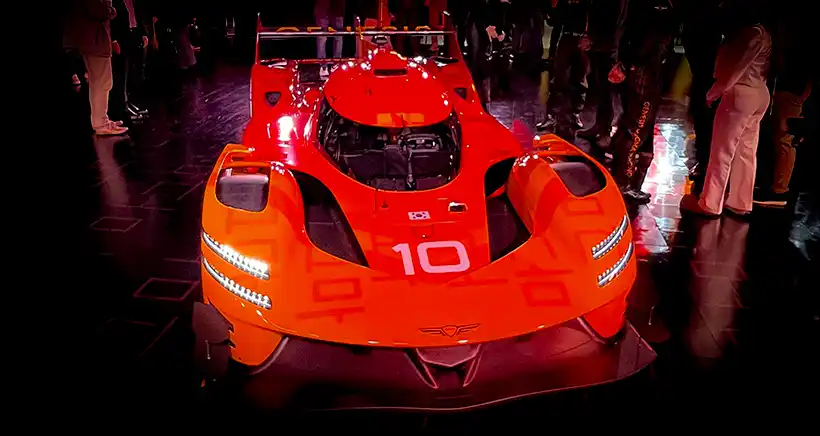
- Genesis Building Racing Future to Add To Road Car Brand (IMSA)
- VW won at the Nürburgring in ’24, but it nearly didn’t happen: here’s the story behind the attempt (Top Gear)
- BMW In Talks With Prospective LMDh Customers (Sportscar365)
- Action Motorsport Expands into Australia for TGRA GR Cup Series (Velocity News)
- McLaren firms up Formula E exit to focus on WEC entry (Autosport)
- McLaren Racing’s financial overhaul with Workday drives faster results (The Australian)
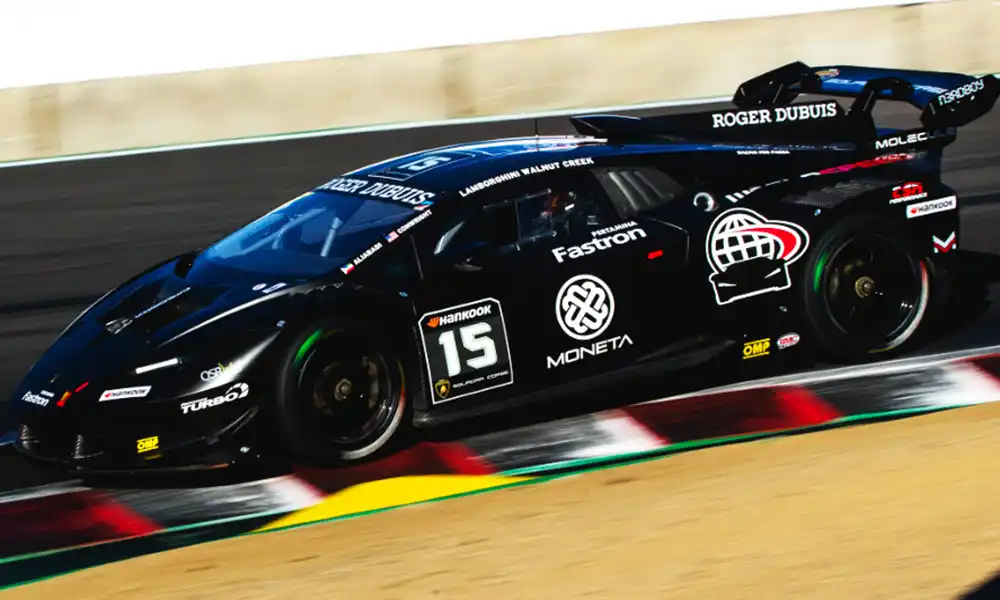
- World Speed Adds Aliabadi, Capitanio Entry for Laguna (Sportscar365)
- Aston Martin’s Quest to Build an F1 Superteam—Quickly (Wall Street Journal)
- Cusick Motorsports Continues ‘B2B’ Model At Indy 500 (Forbes)
- BGB Motorsports to Scale Back GT4, Carrera Cup Programs (Sportscar365)
- Rahal Focused On GTP Success Amidst Speculation Over BMW Future (Daily Sportscar)


